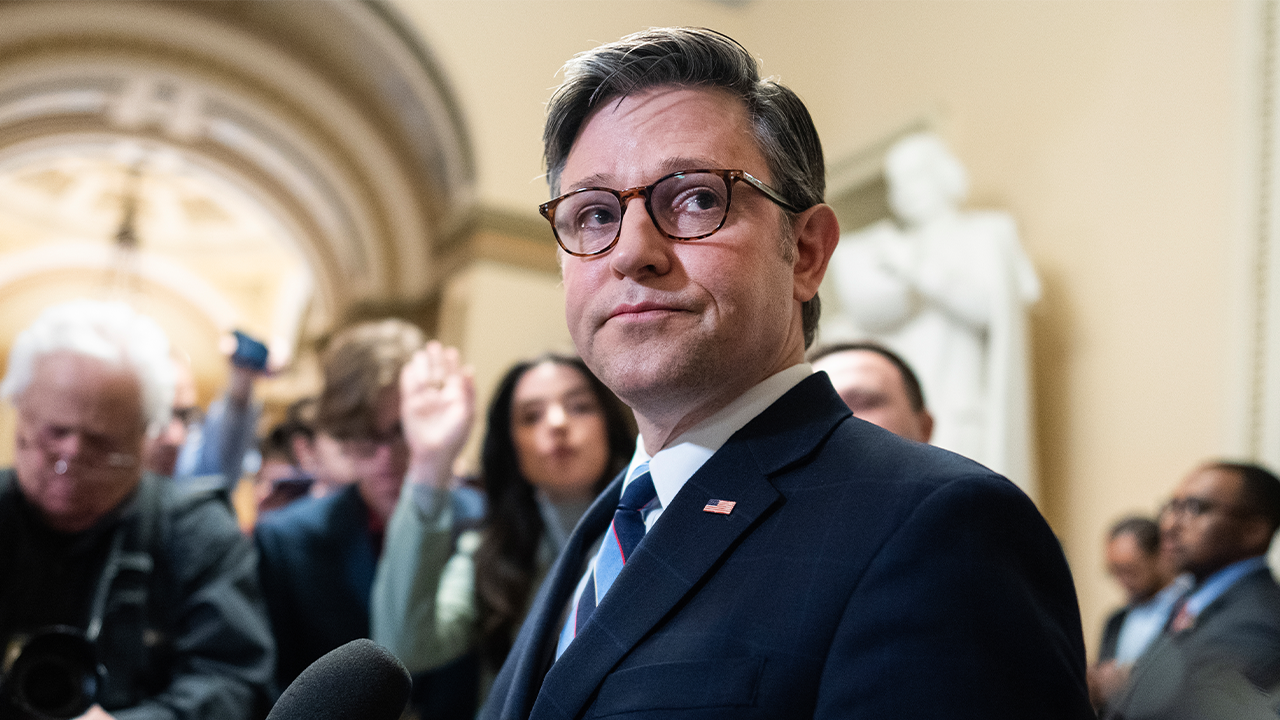The High Stakes of Dismissing Fed Chair Powell: Economic Stability in the Balance
Former President Donald Trump has reignited debate over Federal Reserve independence by suggesting he might remove Chair Jerome Powell if re-elected—a move economists warn could destabilize markets, trigger inflation, and erode trust in U.S. monetary policy. As political tensions intersect with central banking, analysts scrutinize the legal feasibility and potential fallout of such an unprecedented action during a fragile economic recovery.
Why Powell’s Position Matters for Market Confidence
Since his 2018 appointment, Powell has navigated the Fed through crises including the pandemic recession and 40-year inflation peaks. The Fed’s dual mandate—price stability and maximum employment—requires insulation from political pressure, a principle upheld since the 1950s. Dismissing Powell without cause could shatter this precedent, potentially spooking investors who value policy predictability.
“Markets abhor uncertainty,” says Dr. Evelyn Carter, chief economist at the Brookings Institution. “Removing a Fed chair for political reasons would send Treasury yields soaring and likely trigger a 10-15% stock market correction within weeks, as we saw during Nixon’s clashes with Arthur Burns.” Historical data supports this: the S&P 500 dropped 17% during the 1970s politicized Fed era when inflation averaged 7.1% annually.
Legal Hurdles and Historical Precedents
While the Federal Reserve Act allows presidents to remove Fed governors “for cause,” legal experts debate whether policy disagreements qualify. The 1935 Supreme Court case Humphrey’s Executor v. United States established that independent agency leaders can’t be fired over political differences—a precedent that would likely apply to Powell.
- 2019 Precedent: Trump explored firing Powell but was advised it would require overwhelming evidence of malfeasance
- Current Scenario: Powell’s term as chair expires in 2026, though his governor term lasts until 2028
- Market Reaction: CME FedWatch shows 68% odds of rate cuts by September—expectations that could reverse amid instability
Potential Economic Consequences of a Leadership Shakeup
A politicized Fed could undermine the dollar’s global reserve currency status. Foreign holdings of U.S. Treasuries already declined 8% since 2021 per Treasury Department data, with further selloffs likely if institutional independence weakens. Meanwhile, inflation—now at 3.3%—might resurge if markets anticipate looser monetary policies favoring short-term growth over stability.
“This isn’t just about Powell—it’s about whether America respects its own institutions,” argues Mark Williams, former Fed examiner and Boston University finance lecturer. “Emerging markets learned this lesson painfully during their currency crises. When central banks lose autonomy, capital flees.”
Political Divide: Contrasting Views on Fed Oversight
Proponents of greater Fed accountability, including some congressional Republicans, argue the institution has overstepped on climate policies and inequality. The Fed’s balance sheet expansion from $4.1 trillion (2019) to $8.9 trillion (2022) fuels claims of mission creep.
Conversely, Democratic leaders and 82% of economists in a recent National Association for Business Economics survey oppose political interference. “The Fed isn’t perfect, but its decisions must be data-driven, not poll-driven,” says Treasury Secretary Janet Yellen in a recent interview.
Looking Ahead: Scenarios for Monetary Policy in 2025
Should Powell depart, three outcomes dominate analyst projections:
- Market Shock: Immediate volatility with potential flight to gold and cryptocurrencies
- Policy Shift: Accelerated rate cuts risking inflation resurgence
- Institutional Response: Possible bipartisan legislation to strengthen Fed independence
With the 2024 election looming, investors should monitor Fed governor appointments—currently with two vacancies—that could reshape monetary policy regardless of Powell’s status. As history shows, when politics and central banking collide, economic stability often pays the price.
For deeper analysis on Fed policy impacts to your portfolio, consult our investor briefing series updated weekly with nonpartisan economic insights.
See more CNBC Network



